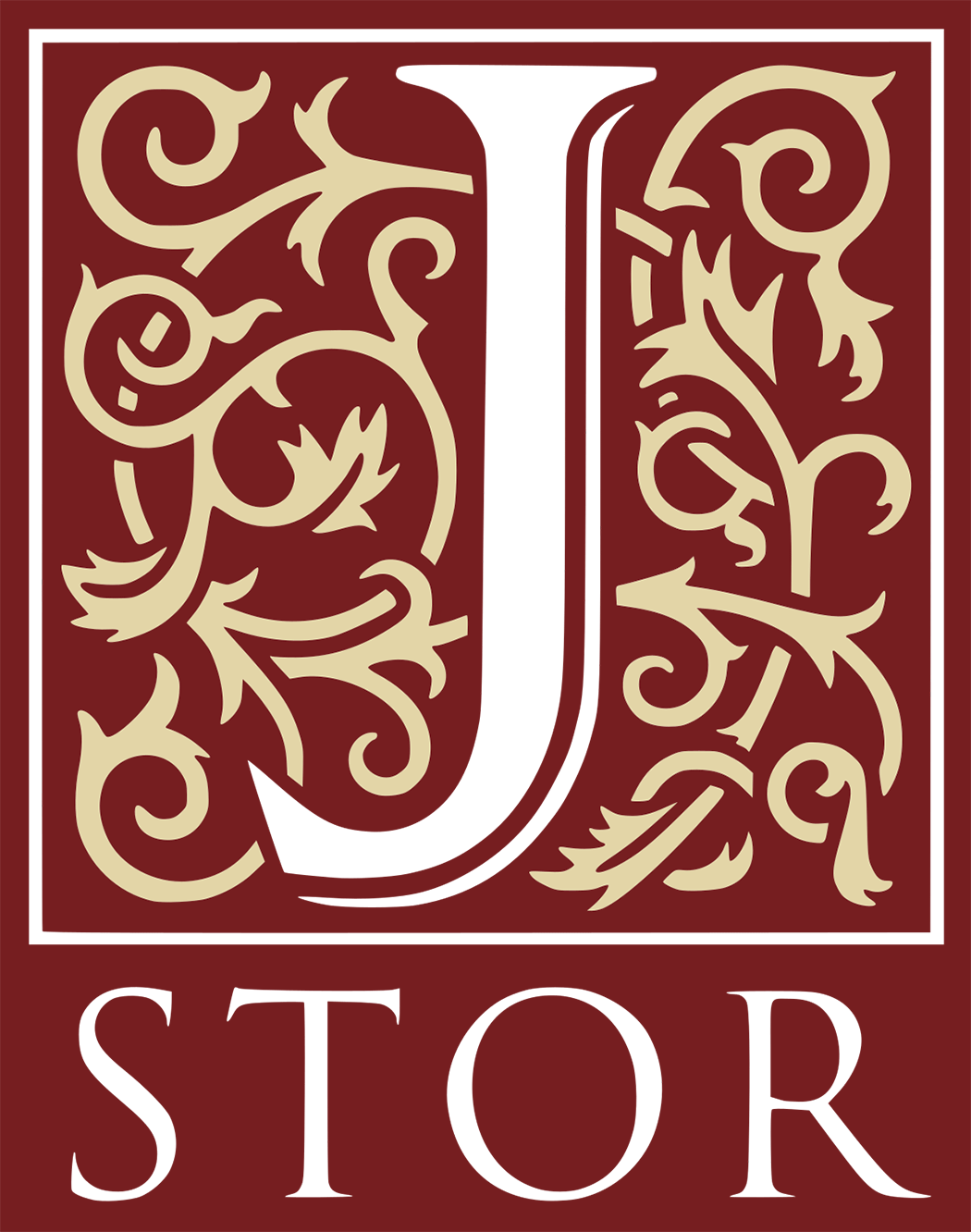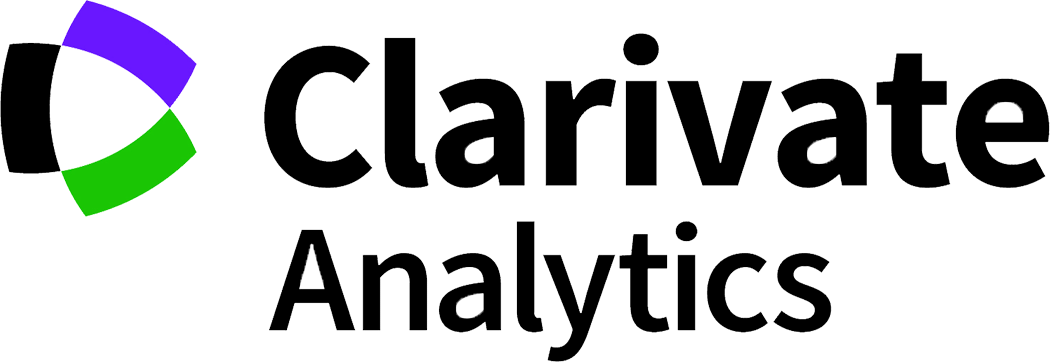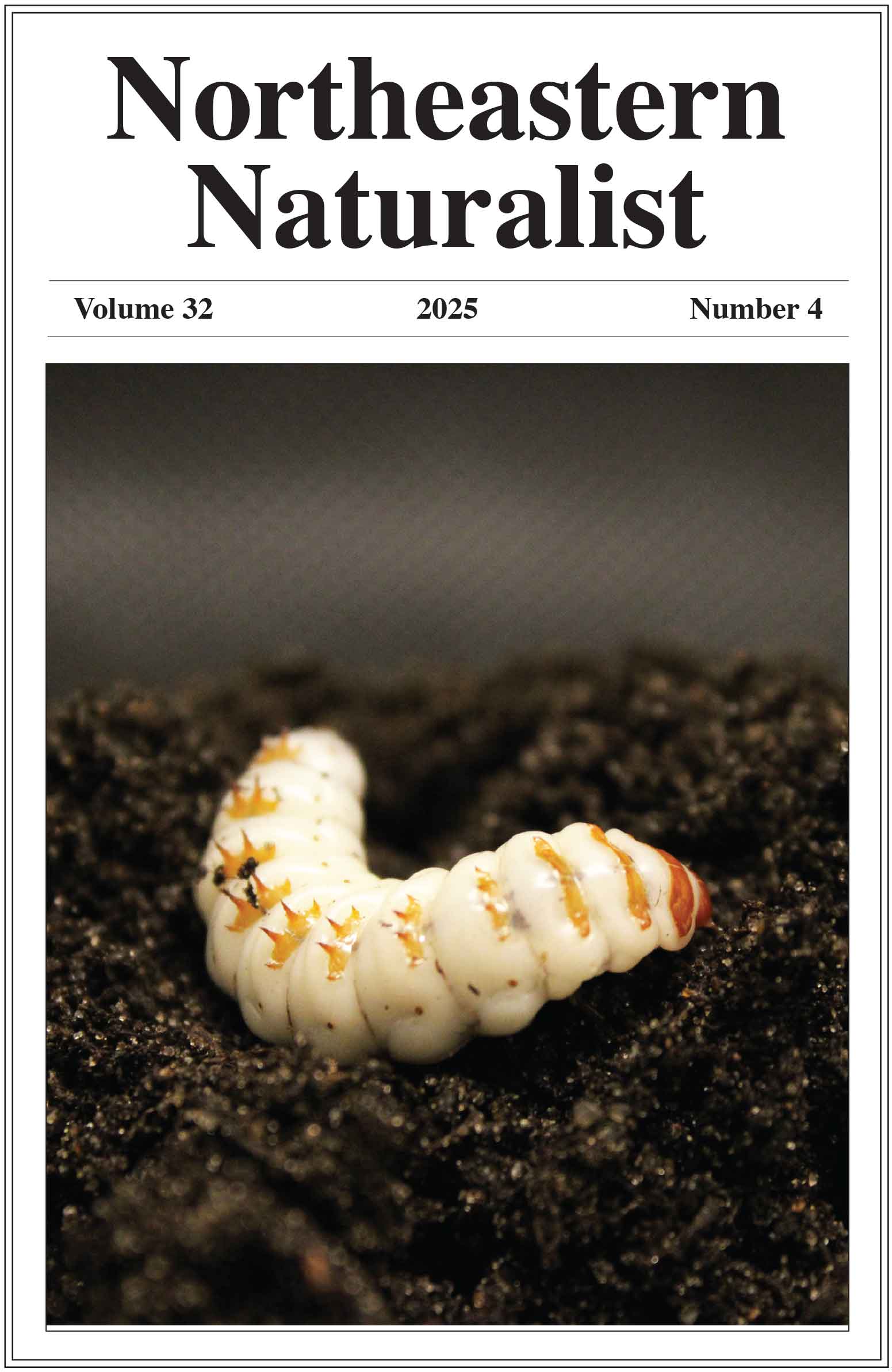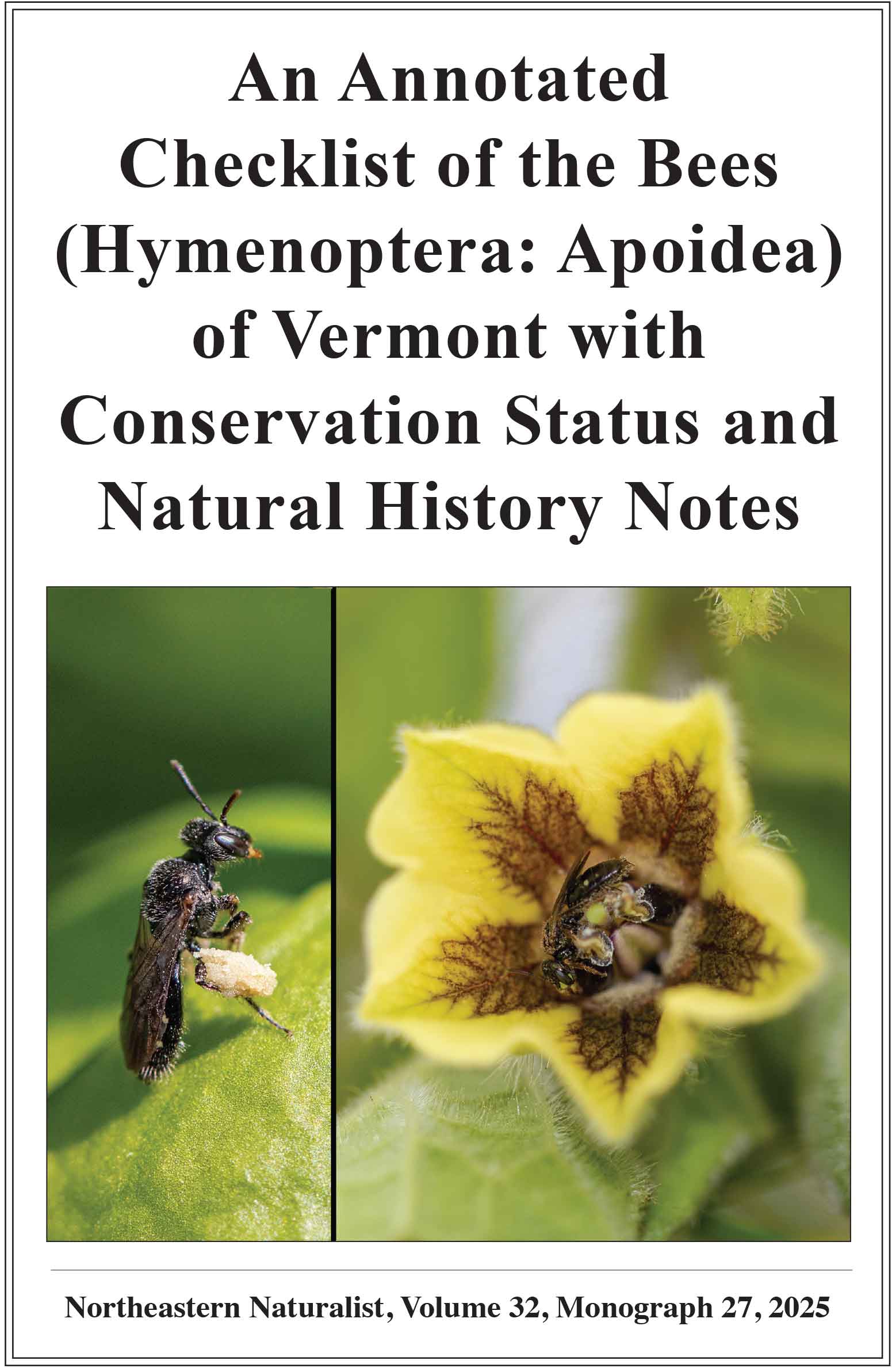Ecological Stoichiometery and Consumer-driven Nutrient Recycling by Elliptio complanata (Lightfoot) in a Northeastern Coastal Zone Pond
Nicole F. Rosenfeld1,2 and Alan D. Christian1,3,*
1Biology Department, University of Massachusetts Boston, Boston, MA 02125. 2The Maritime Aquarium at Norwalk, Norwalk, CT 06854. 3Biology Department, Clarkson University, Potsdam, NY 13699. *Corresponding author.
Northeastern Naturalist, Volume 27, Issue 1 (2020): 90–114
Abstract
Freshwater mussels recycle nutrients within their environment, and the extent of their influence depends on ambient nutrient concentrations and time of year. This study investigated the stoichiometry of consumer-driven nutrient recycling (C, N, and P) of the numerically dominant indigenous freshwater mussel Elliptio complanata (Eastern Elliptio) in a New England pond, which we accomplished by evaluating the stoichiometry of seston, mussel tissues, excretion, and biodeposition. Based on our results, we identified 4 major findings. First, we found seston CNP was not variable across seasons as expected, with only 4 of 10 pairwise interactions being statistically significant, and did not necessarily match the Redfield ratio as expected with higher C:N and lower C:P and N:P observations. Second, we found our tissue CNP to be below the expected 106:16:1 Redfield ratio and that the mussels did not adhere to strict stoichiometric homeostasis throughout different sizes/ages, as shown with 5 of 12 regressions being statistically significant. Third, we found freshwater mussel excretion to be similar to that found in other studies and that excretion rates and ratios were influenced by size and shifted with changes in season—possibly related to seston composition as well as environmental conditions such as temperature, based on 7 of 10 statistical analyzes being significant. Finally, we found freshwater mussel biodeposition to be variable across time for nutrient rates and ratios as we expected.
![]() Download Full-text pdf (Accessible only to subscribers. To subscribe click here.)
Download Full-text pdf (Accessible only to subscribers. To subscribe click here.)
Access Journal Content
Open access browsing of table of contents and abstract pages. Full text pdfs available for download for subscribers.
Issue-in-Progress: Vol. 33(1) ... early view
Check out NENA's latest monograph and Special Issue:













 The Northeastern Naturalist is a peer-reviewed journal that covers all aspects of natural history within northeastern North America. We welcome research articles, summary review papers, and observational notes.
The Northeastern Naturalist is a peer-reviewed journal that covers all aspects of natural history within northeastern North America. We welcome research articles, summary review papers, and observational notes.